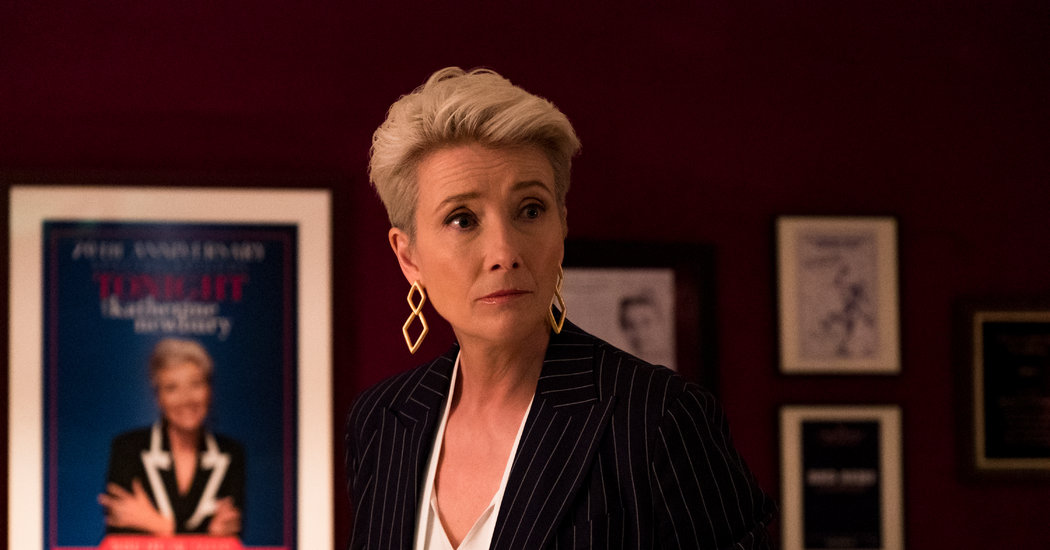Late Night highlights a systemic problem that plagues the comedy industry by presenting us with a scenario that’s entirely foreign to us. A few months ago, YouTube star Lilly Singh was hired to become America’s first female late night talk show host. Historically, woman have been shoehorned into day time slots while the evening has been an arena in which only testosterone may duke it out.
In Late Night, Emma Thompson stars as Katherine Newberry, a woman who has hosted her own late night talk show for twenty-seven years and achieved both great critical and commercial success. This is both a stretch and a damning indictment of the state of American talk shows. Thompson herself appears to understand that her role does not reflect any form of reality, quipping on a recent male-hosted talk show that the film is “science fiction”.
Watching the film, written by Thompson’s co-star Mindy Kaling, is a compelling reminder of how ridiculous it is that Lilly Singh is a pioneer. That there’s a history of blatant misogyny in such public roles is unsurprising and unfortunate. That the misogyny undoubtedly extends itself beyond the hosts into the unseen figures in late night television is just as concerning. Those are the people that don’t get thought about by the rest of us.
It’s when Late Night critiques this intrinsic sexism that it is its most powerful and its funniest. Our conduit for this criticism is Kaling’s character, Molly. She gets a job on Newberry’s show as a staff writer. She obtains the job via a somewhat unconventional avenue, having previously very little experience in comedy. That she is hired because she is a woman of Indian descent rather than as a consequence of talent is made abundantly clear to her by the rest of the staff.
The show is in jeopardy, a result of Newberry being increasingly out of touch with her audience. She makes Twitter jokes that fall flat and unwisely tries to humiliate a YouTube star who is more media savvy than Newberry expects. Getting back in touch doesn’t necessarily mean staging gimmicky segments with teen celebrities (at one stage one of Newberry’s writer suggests a segment in which Newberry and a celebrity see who can fold a fitted sheet quicker) but rather finding new ways to emotionally connect with an audience who have come to view her as an ice queen.
That Newberry even gets labelled something as one-sided as ‘ice queen’ is another indication of how problematic sexism is in the industry. It’s difficult to imagine Conan O’Brien or Stephen Colbert being branded with comparatively questionable titles. But though good intentions populate Kaling’s script, the effect of Late Night is somewhat diminished by its simplistic outlook on concerns such as sexism and diversity.
Late Night is an easy watch that fluctuates congenially in quality from minute to minute. It would have benefitted from perhaps a few more drafts that took another whack at the laughs and also the cultural commentary. It is a missed opportunity in that it could have been so much more but remains an engaging watch simply because of its adherence to knowing what has worked and what will probably continue to work ad infinitum.

